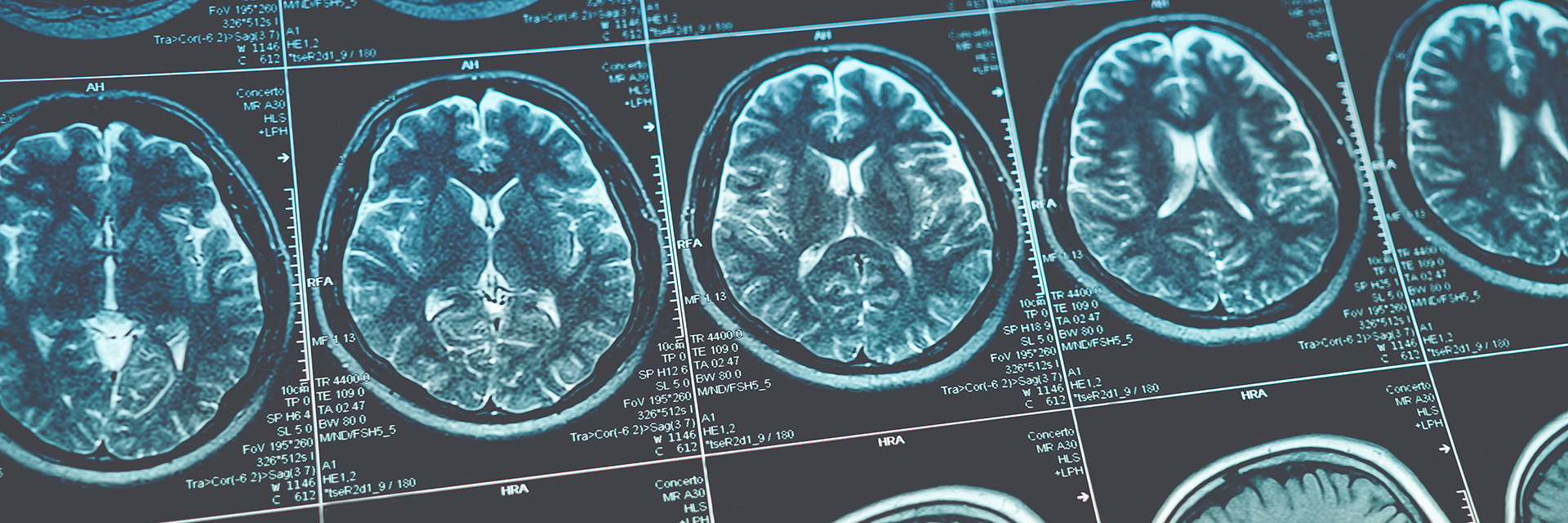Cerebral Palsy Injuries Caused by Delay in Ordering a Cesarean Section (C-Section) in Illinois
For many mothers, a Cesarean section (C-section) is a critical intervention during labor and delivery that ensures the safety of both mother and baby. When complications arise, timely decision-making by medical professionals is essential. However, delays in ordering a necessary C-section can result in serious consequences, including oxygen deprivation and brain damage, leading to conditions such as cerebral palsy.
If your family has been affected by a delay in ordering a C-section in Illinois, you may have legal grounds to seek justice and compensation. This page explains how such delays can cause birth injuries, the legal rights of Illinois families, and how an experienced attorney can help.
SCHEDULE A FREE CEREBRAL PALSY INJURY LAWYER CONSULTATION TODAY
What Is a Cesarean Section (C-Section)?
A C-section is a surgical procedure used to deliver a baby through incisions in the mother’s abdomen and uterus. It is often recommended when complications during labor make a vaginal delivery unsafe for the mother or baby.
When Is a C-Section Necessary?
A C-section is typically performed in emergency situations, including:
- Fetal Distress: Abnormal heart rate patterns indicating that the baby is not receiving enough oxygen.
- Prolonged Labor: When labor is not progressing, increasing the risk of complications.
- Placental Issues: Conditions such as placental abruption or placenta previa.
- Umbilical Cord Problems: Prolapse or compression of the umbilical cord restricting oxygen supply.
- Maternal Health Issues: Conditions like preeclampsia or uterine rupture.
In these scenarios, delays in ordering a C-section can jeopardize the baby’s health, increasing the risk of permanent brain injuries like Hypoxic-Ischemic Encephalopathy (HIE) and cerebral palsy.
How Does a Delay in Ordering a C-Section Cause Cerebral Palsy?
Cerebral palsy is a neurological condition often caused by brain damage during birth. When a necessary C-section is delayed, the baby may experience prolonged oxygen deprivation or other trauma that leads to brain injuries.
Common Causes of Delayed C-Section Decisions
- Failure to Recognize Fetal Distress: Medical staff may miss or ignore signs of oxygen deprivation.
- Improper Monitoring: Failure to use or correctly interpret fetal heart rate monitors.
- Miscommunication Among Staff: Poor communication between doctors, nurses, and other medical team members.
- Delaying the Transition to Surgery: Prolonging attempts at vaginal delivery when conditions warrant a surgical intervention.
Such delays can have devastating consequences for the baby, including cerebral palsy, developmental delays, and other lifelong challenges.
Signs and Symptoms of Cerebral Palsy
Cerebral palsy caused by a delayed C-section may not be immediately apparent after birth but can manifest as the child grows. Common symptoms include:
- Muscle stiffness or spasticity.
- Poor coordination and balance.
- Delayed motor skill development, such as sitting, crawling, or walking.
- Speech and swallowing difficulties.
- Seizures or other neurological abnormalities.
- If your child exhibits these symptoms and you suspect a delayed C-section may have been a factor, consulting a qualified birth injury attorney is crucial.
Illinois Laws on Medical Malpractice for Delayed C-Sections
In Illinois, medical professionals are required to provide a standard of care that prioritizes the safety of both mother and baby. When a delay in ordering a C-section leads to preventable injuries, it may constitute medical malpractice.
Statute of Limitations for HIE Cases in Illinois
Illinois law imposes strict time limits for filing medical malpractice claims:
- Families generally have two years from when they discover the injury (or should have reasonably discovered it) to file a claim.
- In cases involving children, a claim must be filed within eight years of the injury’s occurrence.
Because conditions like cerebral palsy can take time to diagnose, exceptions may apply. Acting quickly and consulting a legal professional ensures your claim is filed within the required timeframe.
Compensation for Families Affected by HIE
Caring for a child with cerebral palsy caused by HIE often involves significant financial and emotional challenges. Illinois law allows families to seek compensation for:
- Medical Expenses: Hospital stays, therapies, surgeries, and medications.
- Rehabilitation Costs: Physical, occupational, and speech therapy.
- Assistive Technology: Wheelchairs, communication devices, and adaptive equipment.
- Pain and Suffering: Compensation for the emotional toll on the family.
- Lost Wages: Income lost by parents who leave work to care for their child.
- Future Care Costs: Long-term care needs, special education, and housing modifications.
Securing compensation can provide the resources needed to improve your child’s quality of life and support their development.
How an Attorney Can Help
Pursuing a medical malpractice case can be complex, especially when dealing with the challenges of caring for a child with cerebral palsy. A skilled attorney can:
- Review medical records and delivery notes to identify negligence.
- Consult with medical experts to establish how the standard of care was breached.
- Calculate the full extent of damages, including future care costs.
- Negotiate with insurance companies for maximum compensation.
- Represent your family in court if a fair settlement cannot be reached.
Contact Cerebral Palsy Injury Lawyers For Help
If your child has been diagnosed with cerebral palsy due to a delay in ordering a C-section, you don’t have to face this journey alone.. Contact the Cerebral Palsy Injury Attorneys at (866) 251-0808.
CONTACT CEREBRAL PALSY INJURY ATTORNEYS – SCHEDULE A FREE CONSULTATION TODAY










